How to Choose the Right Pump for Industrial Needs
Selecting the appropriate pump for industrial applications is critical to maintaining efficient operations and preventing costly downtime.
Selecting the appropriate pump for industrial applications is critical to maintaining efficient operations and preventing costly downtime. Given the numerous factors, understanding the principal elements in choosing the right pump is essential for any industrial setting.
Assessing the Application Requirements
The first step in choosing the correct pump is thoroughly assessing the application's requirements. Industries and processes demand pumps that handle specific materials, flow rates, and pressures. For instance, pumps used in chemical processing must resist corrosive substances, while those in food processing must adhere to strict sanitary standards. Understanding the nature of the fluid being pumped, including its viscosity, temperature, and chemical composition, is crucial in determining the most suitable pump type.
Determining the Required Flow Rate and Pressure
Flow rate and pressure are two of the most important factors when choosing a pump for industrial needs. The flow rate, generally measured in gallons per minute (GPM) or liters per second (LPS), indicates the volume of fluid the pump can drive within a specified time frame. The pressure, valued at pounds per square inch (PSI) or pascals (Pa), indicates the force with which the fluid is delivered. Selecting a pump that meets the required flow rate and pressure verifies the system operates efficiently and effectively. Consulting with a local pump company can provide valuable insights into selecting a pump that meets these needs.
Choosing the Right Pump Type
Several types of pumps are available, each suited to different industrial applications. Centrifugal pumps, for example, are commonly used in water treatment and HVAC systems because they can handle large volumes of liquid at relatively low pressures. Positive displacement pumps, on the other hand, are perfect for applications requiring precise flow control and are often used in industries such as oil and gas, pharmaceuticals, and food processing. Understanding the strengths and limitations of each pump type is essential in making an informed decision.
Considering Material Compatibility
Material compatibility is another critical factor in pump selection, especially in industries where the pumped fluid may be corrosive or abrasive. The materials used in the construction of the pump must withstand the specific characteristics of the fluid without degrading. For instance, stainless steel is generally chosen for its corrosion resistance in chemical processing applications, while cast iron may be suitable for handling water in industrial environments. Consulting with a local pump company can help select materials best suited for the application.
Evaluating Energy Efficiency
Energy efficiency is a significant consideration in industrial pump selection, as it directly impacts operating costs. Pumps that use less energy while delivering the required performance can lead to substantial cost savings over time. Variable frequency drives (VFDs) can be used with pumps to optimize energy usage by adjusting the motor speed based on demand. Additionally, selecting a pump with high efficiency at the expected operating conditions can minimize energy waste and reduce the operation's overall environmental footprint.
Maintenance and Reliability Considerations
Routine maintenance and reliability are vital factors in choosing an industrial pump. Pumps requiring minimal maintenance and a proven track record of reliability can reduce downtime and increase productivity. Selecting a pump that is easy to service and has readily available spare parts is essential. Partnering with a local pump company that offers continuous support and maintenance services can further enhance the system's reliability and extend the pump's life.
Considering the Total Cost of Ownership
While the initial cost of a pump is an important factor, it is equally important to consider the total cost of ownership (TCO). The TCO includes the purchase price and the costs associated with installation, energy consumption, routine maintenance, and potential repairs. A pump with a lower upfront cost may not be the most cost-effective option in the long run if it leads to higher operational expenses. Evaluating the TCO helps make a more informed decision that aligns with the business's long-term financial goals.
Custom Solutions for Unique Applications
In some cases, standard pumps may not meet the specific needs of an industrial application. Custom pump solutions can be designed to address unique challenges, such as handling highly viscous fluids, operating in extreme temperatures, or meeting stringent regulatory requirements. Working with a local pump company specializing in custom pump solutions can provide tailored options designed to meet the precise specifications of the application.
The Importance of Expert Consultation
Choosing the right pump for industrial needs is a complicated process that involves meticulous consideration of many factors. Expert consultation can provide valuable guidance in selecting a pump that meets the application's specific requirements while maximizing efficiency and reliability. A local pump company with experience in a wide range of industries can offer the expertise needed to make the right choice, ensuring that the pump selected will perform effectively and contribute to the operation's overall success.
As a trusted quality well service with over three decades of experience, Pump Repair Services understand how to install and repair well pumps in Orlando. Our trained and certified technicians specialize in well pump repair, transfer pump repair, irrigation pump repair, and centrifugal pump repair. We can meticulously handle all pump-related issues. Call us for the best service experience.

